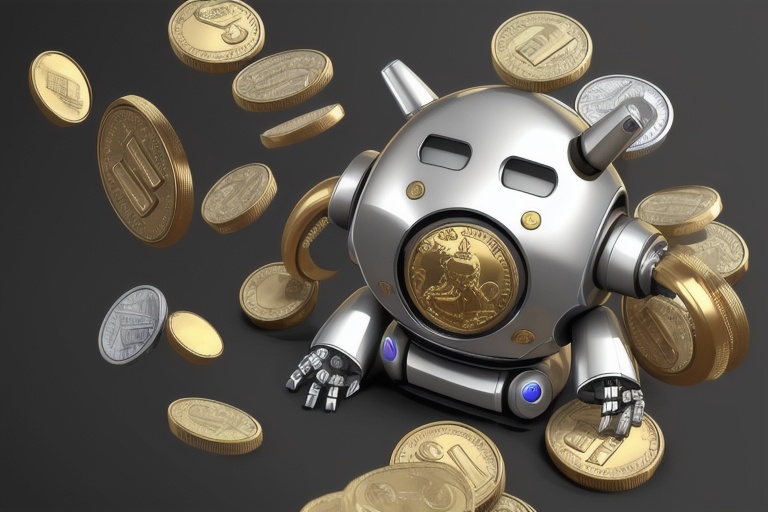Artificial Intelligence (AI) has become a powerful force in modern cinema, transforming the way movies are made and experienced. This technological evolution has introduced stunning visual capabilities, revolutionized filmmaking efficiency, and offered cost-effective narrative development. Yet, as we recognize these advancements, we must also examine the challenges they present. The synergy between AI and human creativity is delicate, warranting thoughtful consideration to preserve the essential human touch in storytelling.
Artificial Intelligence (AI) has become a powerful force in modern cinema, transforming the way movies are made and experienced. This technological evolution has introduced stunning visual capabilities, revolutionized filmmaking efficiency, and offered cost-effective narrative development. Yet, as we recognize these advancements, we must also examine the challenges they present. The synergy between AI and human creativity is delicate, warranting thoughtful consideration to preserve the essential human touch in storytelling.
The Visual Revolution
AI has significantly altered the landscape of film visuals. With advanced algorithms, filmmakers can now create expansive, highly detailed worlds that would have been impossible or prohibitively expensive using traditional methods. These tools facilitate the crafting of scenes that engage audiences in unparalleled ways, from photorealistic CGI characters to sprawling, fantastical landscapes. The potential to breathe life into the most imaginative concepts has never been greater, thanks in part to AI.
Enhancing Filmmaking Efficiency
Beyond the screen, AI's impact is profoundly felt in the filmmaking process itself. Efficiency has seen substantial improvements, particularly in post-production where AI can swiftly analyze hours of footage, streamline editing, and even aid in color correction. Scriptwriting, too, has benefited from AI's predictive analytics, which can suggest plot developments and dialogue that resonate with audiences based on vast datasets of successful films. These advancements make the process from concept to final cut faster and more cost-effective.
Automation and Cost-Effective Storytelling
The automation capabilities of AI offer a pragmatic dimension to creativity in filmmaking. By handling repetitive and time-consuming tasks, such as sorting raw footage or generating basic animations, AI allows human artists to concentrate on the more nuanced aspects of their work. Furthermore, AI can predict market trends and audience preferences, which equips producers and studios with valuable insights when deciding which stories to pursue. This intersection of predictive analysis and content creation opens new doors for filmmakers to tell stories that captivate and connect with audiences.
Striking a Balance with Human Creativity
While the benefits of AI integration in film are numerous, the preservation of human creativity remains paramount. Technology should enhance, not replace, the emotional depth and unique perspectives that only human storytellers can provide. The challenge lies in utilizing AI as a tool to augment the filmmaking process without allowing it to overshadow the craft of storytelling. Filmmakers must harness AI judiciously to ensure that the resulting works retain the soulful essence audiences seek in cinematic experiences.
Navigating the Future of Filmmaking
As AI technology continues to mature, its role in the film industry will likely become even more influential. The future promises increasingly sophisticated applications of AI in creating and editing content, predicting trends, and even exploring interactive and personalized storytelling. However, as we chart this technological journey, we must remain vigilant in balancing innovation with the irreplaceable value of human creativity. It is this combination of human ingenuity and technological prowess that will drive the film industry forward, captivating audiences with stories told in ever more inventive ways.
In the dynamic convergence of AI and storytelling, the film industry stands at the cusp of a new era. The way stories are told and experienced is evolving, driven by a technology that is both a catalyst for change and a new lens through which we can view the art of cinema. As AI becomes an integral part of the narrative fabric, it is both an exciting and a critical time for filmmakers and audiences alike. The future of film, shaped by the hand of AI, promises to be as thrilling as it is unpredictable, grounded by the timeless power of human expression.
Information for this article was gathered from the following source.




